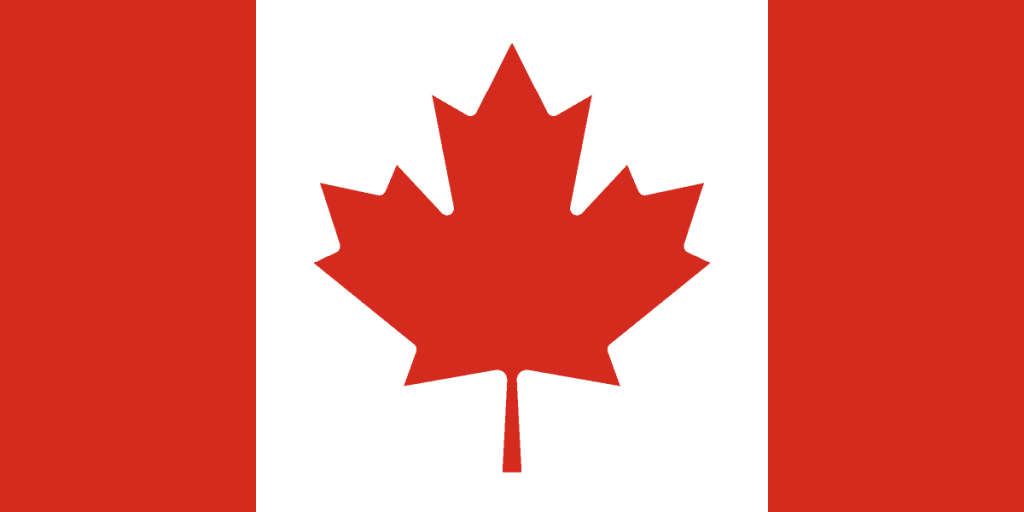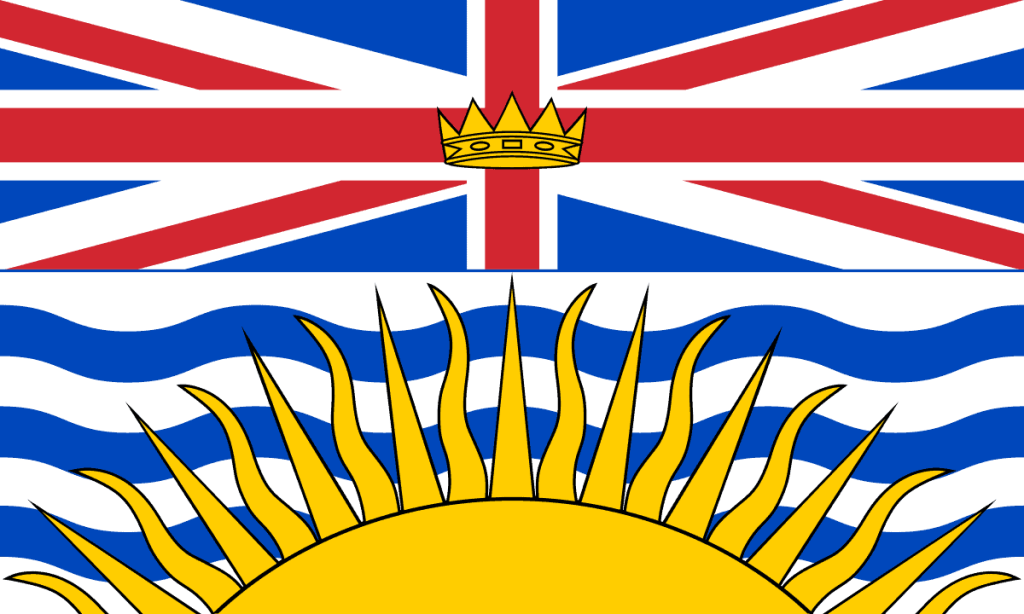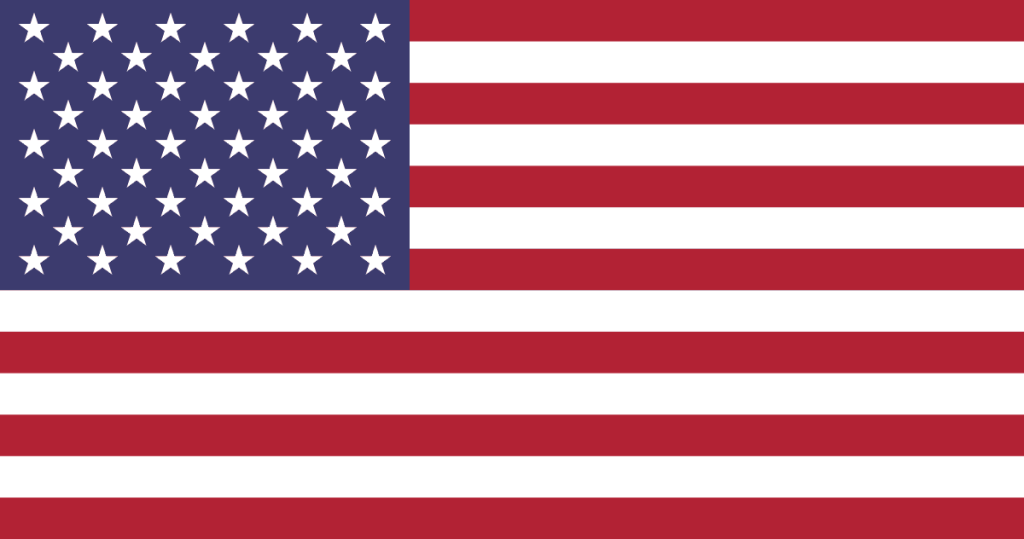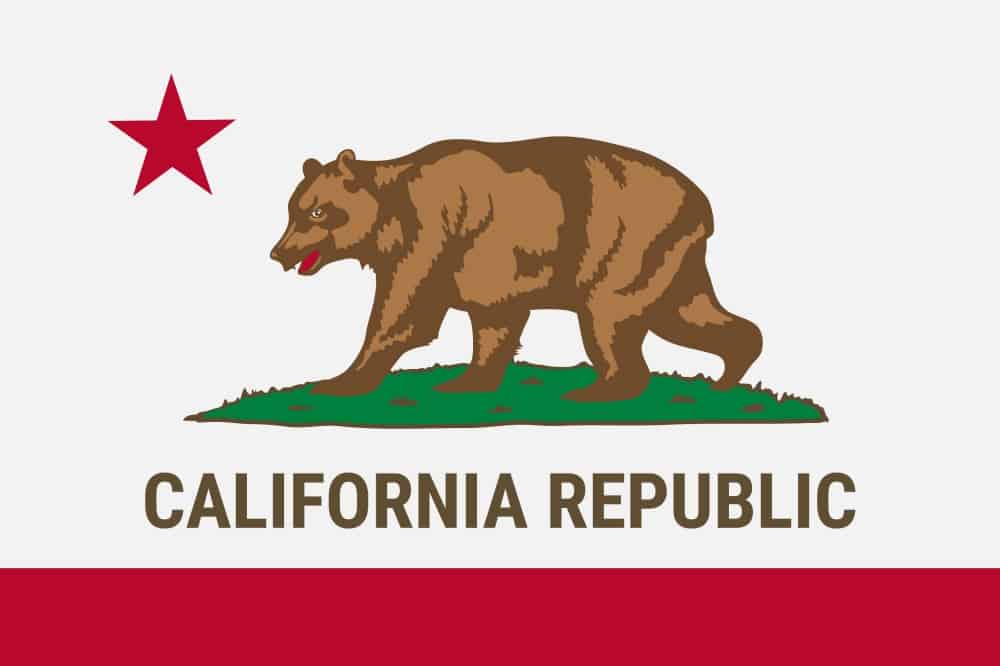Government Incentives
Alex Mulenga2024-06-27T10:04:50-06:00Canadian Federal incentives

CMHC Eco Programs for Solar PV in Canada
The Canada Mortgage and Housing Corporation (CMHC) offers two great programs that residential customers can leverage for solar photovoltaic (PV) installations:
- CMHC Eco Plus and
- CMHC Eco Improvement.
Both programs provide financial incentives to encourage energy-efficient home improvements and purchases, including solar PV systems.
CMHC Eco Improvement
Eligibility:
Homeowners with CMHC insurance, renovating for energy efficiency, including solar PV.
Benefits: 25% partial refund on CMHC insurance premium for $20,000+ in energy-efficient renovations.
Application: Submit within two years of mortgage closing.
Purpose: Supports energy-efficient home improvements, reducing carbon footprint and energy costs.
Webiste: click here.
CMHC Eco Plus
Eligibility:
Homeowners with CMHC insurance, purchasing or building energy-efficient homes.
Benefits: 25% partial refund on CMHC insurance premium.
Application: Home must meet EnerGuide ratings; submit within two years of mortgage closing.
Purpose: Promotes sustainable living by incentivizing energy-efficient home purchases or constructions.
Webiste: click here.
Both programs offer straightforward applications and significant financial incentives for solar PV installations and other energy-efficient upgrades.
Investment Tax Credit (ITC) FOR BUSINESSES
Businesses can take advantage of two important tax incentives under the Income Tax Act, encouraging investments in clean energy generation and energy conservation projects. Clean technologies are a key component of the Government’s approach to promoting sustainable economic growth and can contribute to a reduction in emissions of greenhouse gases and air pollutants. A great way to support businesses because they can write off 100% of the asset value in year 1 of purchase.
With the recent passage of Bill C-59, Canada has introduced the Clean Technology Investment Tax Credit (ITC), marking a significant step forward in renewable energy sector. This refundable tax credit covering 20 to 30 percent of capital costs for investments in wind, solar, and energy storage projects. The Cleantech ITC aims to attract substantial investments, meet climate targets, and enhance Canada’s economic competitiveness on the global stage.
The passage of Bill C-59 is a clear message: Canada is ready to lead the clean energy revolution. This initiative will not only benefit businesses through financial incentives but also position Canada as a leader in the global renewable energy market, ensuring a sustainable and competitive future.
For more information, please click here.
AGRICULTURAL CLEAN TECHNOLOGY PROGRAM (ACT)
As part of the Government of Canada’s strengthened climate plan, A HEALTHY ENVIRONMENT AND A HEALTHY ECONOMY, the new Agricultural Clean Technology (ACT) Program aims to create an enabling environment for the development and adoption of clean technology that will help drive the changes required to achieve a low-carbon economy and promote sustainable growth in Canada’s agriculture and agri-food sector.
The ACT Program offers support under 2 streams:
Program Highlights:
Ag Businesses, Co-ops & Acreage Owners
- Up to 50% of project cost funded
Not-for-Profit Organizations
- Up to 75% of project cost funded
Start Date: June 4, 2021
End Date / Market Cap: March 31, 2026 / $100 Million
CANADA GREENER HOMES GRANT
The Canadian government is wanting to help make where they live more energy-efficient. This means homes will be more comfortable and more affordable to maintain while also supporting our environmental objectives. The CANADA GREENER HOMES GRANT will help homeowners make their homes more energy-efficient, create new jobs across Canada for energy advisors, grow our domestic green supply chains, and fight climate change.
Eligible upgrades include:
- Solar panels
- Home insulation
- Windows and doors
- Heat pumps
- Smart thermostats
- Energy Storage
Program Highlights:
Eligible participants receive up to $5,600 in support for energy efficiency upgrades.
Start Date: June 4, 2021
End Date / Market Cap: $3.5 Billion
CANADA GREENER HOMES LOAN
The Canada Greener Homes Loan helps Canadians make their homes more energy efficient and comfortable. It offers interest-free financing in addition to the Canada Greener Homes Grant to help you complete some of the more major retrofits recommended by your energy advisor.
Program Highlights:
You must apply and be eligible for the Canada Greener Homes Grant or provincial program for Nova Scotia and Quebec
Maximum: $40,000
Minimum: $5,000
Repayment term: 10 years, interest-free
Loan type: Unsecured personal loan on approved credit
Start Date: June 17, 2022
End Date / Market Cap: Projected currently till 2027
ZERO EMISSION VEHICLE INFRASTRUCTURE PROGRAM (ZEVIP)
The ZEVIP is a nation wide program. The Government of Canada is steadfast in its belief that electrification is key to decarbonizing our transportation sector and transitioning to a low-carbon future. That is why, the Government of Canada has set ambitious federal targets for zero-emission vehicles (ZEV) reaching 10% of light-duty vehicles (LDV) sales per year by 2025, 30% by 2030 and 100% by 2040.
According to experts, access to localized and visible charging infrastructure is key to alleviate consumer concerns about where to charge their vehicle. To that end, the Government of Canada announced, through Budget 2019, $130 million over five years (2019-2024) to deploy a network of zero-emission vehicle charging (level 2 and higher) and refuelling stations in more localized areas where Canadians live, work and play. Support is also available for strategic projects for electric vehicle and/or hydrogen infrastructure for corporate fleets, last-mile delivery fleets, and mass transit.
Program Highlights:
Up to 50% of total project cost
Start Date: 2019
End Date / Market Cap: 2024 / $280 Million
ZERO EMISSION VEHICLE PURCHASE INCENTIVE (IZEV)
Transportation is the second largest source of greenhouse gas (GHG) emissions in Canada. This accounts for a quarter of Canada’s total GHG emissions and almost half of those emissions come from cars and light trucks. One way that we can reduce the amount of transportation-related GHG emissions is to get more zero-emission vehicles (ZEVs) on the road.
A ZEV is a vehicle that has the potential to produce no tailpipe emissions. They can still have a conventional internal combustion engine, but must also be able to operate without using it.
There are two levels of INCENTIVES:
– Battery-electric, hydrogen fuel cell, and longer range plug-in hybrid vehicles are eligible for an incentive of $5,000
– Shorter range plug-in hybrid electric vehicles are eligible for an incentive of $2,500
Program Highlights:
- $5,000 EV purchase rebate
- $2,500 Hybrid EV purchase rebate
Start Date: May 2019
End Date / Market Cap: March 31, 2022 / Potential extension
CHARGE UP PROGRAM
Charge Up is a program provided through ICE (Indigenous Clean Energy) with support from NRCan. The objective of the Charge up program is to accelerate the installation of electric vehicle (EV) charging stations across Indigenous communities in Canada and providing clean energy opportunities for Indigenous communities and businesses. Through this initiative, ICE will cover up to 50% of electric vehicle charging station installation costs for Indigenous communities and organizations.
Program Highlights
- Covers up to 50% of EV installation costs
Start Date: March 31st, 2022
End Date: March 31st, 2023
Market Cap: $316,250
Saskatchewan provincial Incentives

NET-METERING IN SASKATCHEWAN
Saskatchewan is the sunniest place in Canada (for the south), a great place for solar! Not so great when it comes to incentives; Saskatchewan went from the best place for incentives to one of the worst. All that is really left is their NET METERING PROGRAM, offering residents the opportunity to generate their own power through the use of renewable energy technology. Residents, farms and businesses can apply for systems of up to 100 kW of generating capacity (they count the DC side, so that is the total solar panel peak-power). Electricity sent to the grid is banked and applied to your current month’s electricity consumption. Any excess electricity exported to the grid is converted to credits at 7.5 ct/kWh, that are carried forward to future months/bills. There is no time limit on those credits, they stay valid until the account is closed.
SaskPower & Swift Current Light and Power Customers
These two utilities cover approx 85% of Saskatchewan’s utility grid consumption. As stated above, any excess electricity is exported to the grid and converted to credits at $0.075/kWh.
City of Saskatoon Light & Power
Those living in Saskatoon and within Circle Drive approximately are eligible for retail excess electricity rates. What this means is that the install price is offset much sooner then if you were to be a SaskPower or Swift Current Light and Power customer.
SASKATCHEWAN SOLAR OR WIND-POWERED WATER PUMP GRANT FOR FARMS
Bringing power lines out to remote wells or streams can be costly. Solar or wind-powered water pumps can offer an economical, safe, reliable and environmentally friendly alternative. SaskPower offers a GRANT of 50% of costs above $500, to a maximum of $500, toward the purchase and installation of a complete solar or wind-powered water pumping system for farm livestock watering facilities.
CLIMATE ACTION INCENTIVE FUND (CAIF)
Businesses, municipalities, universities, colleges, schools and hospitals can all take advantage of the federal Climate Action Incentive Fund .This is a 25% cash rebate. See more details under Canadian incentive heading.
CITY OF SASKATOON HELP PROGRAM
The Home Energy Loan Program (HELP) was developed to help Saskatoon homeowners improve energy efficiency, install renewable energy, or reduce water use by offering low interest loans to cover the costs of these upgrades. Loans between $1,000 and $60,000 are available to homeowners residing in the city of Saskatoon for eligible retrofits. These loans are offered at a low interest rate and are repaid through property taxes over 5, 10, or 20 year terms.
Alberta Provincial Incentives

NET-METERING IN ALBERTA
Alberta currently has a number of fantastic incentives going for solar PV! On top of that, Alberta has one of the best solar resources of the country; the southern prairie gets more sunshine than just about any other place in Canada. The ALBERTA MICRO-GENERATION REGULATION allows for annual net-metering of systems up to 5 MW.
ALBERTA SOLAR FOR SCHOOLS PROGRAM
SCHOOLS IN ALBERTA are in luck! Depending on installed size there is a rebate of $1.50/Watt for systems 10kW and under, going down to $1.00/Watt for the very large systems between 2 and 5 MW in size. Kindergarten through grade 12 schools are eligible.
ALBERTA MUNICIPAL PROGRAM
Municipalities can apply for rebates for installed solar PV under the MUNICIPAL PROGRAM. Up to 30% of installed cost is available as rebates, with $0.90/Watt for 10kW, going down to $0.55/Watt for systems 2 to 5 MW in size. First-time applicants are also eligible for an additional $0.25/Watt.
CITY OF EDMONTON RESIDENTIAL PV INCENTIVE
Those living in Edmonton are eligible for $0.40/Watt in REBATES for installed solar PV on residential buildings.
TOWN OF BANFF SOLAR PHOTOVOLTAIC PRODUCTION INCENTIVE
Residents of the Town of Banff can apply for a REBATE of $0.75/Watt for systems between 2 kW and 7.5 kW in solar PV. Both residential and commercial properties are eligible.
CITY OF MEDICINE HAT SOLAR ELECTRIC REBATE
If you live in Medicine Hat this is a great time to install solar PV on your roof! The city offers a REBATE of $1.00/Watt, with a maximum of $6,000 in rebates for the installation of solar PV.
British Columbia Provincial Incentives

NET-METERING & BC HYDRO
BC HYDRO has annual net-metering for residential and commercial customers. Eligible customers must have a clean or renewable electricity generator connected to the BC hydro distribution system with an aggregate nameplate capacity no more than 100kW. For systems of 27 kW or less the “simple net-metering” process can be used, while larger systems have to go through the full, and more complex, process. If more energy is generated vs. used in a month the excess is shown as a credit on the electricity bill. If after 12 months there is a net credit (in other words, over a one-year period more electricity is produced than used) the excess is sold to BC Hydro at 9.99 ct/kWh and the credits are set to zero again. The sell back of excess energy policy is a first in Canadian provincial jurisdictions and the only other jurisdiction in North America that offers this is California. This is a adoption of a inaugural European concept that is proven to create a high saturation of renewables and been deemed a key jurisdiction utility grid planning concept for the future.
BC REGIONAL DISTRICT OF NANAIMO RENEWABLE ENERGY SYSTEM INCENTIVE $250
This program enables HOMEOWNERS IN RDN ELECTORAL AREAS AND THE DISTRICT OF LANTZVILLE to save money while upgrading to energy efficient technology in their home. Homeowners that install a solar PV system are eligible to receive a $250 incentive. In addition, effective April 1, 2015, a $400 rebate is available for renewable energy systems that require and obtain a development variance permit.
BC PST TAX EXEMPTION
The province of British Columbia has a PROVINCIAL SALES TAX EXEMPTION for the following renewable energy system equipment: Solar photovoltaic collector panels, wiring, controllers, and devices that convert direct current into alternating current (inverters), when they are sold as part of a solar photovoltaic system. Solar thermal collector panels, wiring, pumps, tubing, and heat exchangers, when they are sold as part of, a system that includes solar thermal collector panels.
ELECTRIC VEHICLE INCENTIVES
Residents, businesses, non-profit organizations and local government organizations in B.C. who purchase or lease qualifying new vehicles are eligible for up to $3,000 off the after-tax vehicle price, thanks to the government of B.C.’s CEVFORBC™ PROGRAM.
Here’s the breakdown of the incentive amounts for the purchase or lease of each vehicle type:
– $3,000 for purchase or lease of a new battery electric vehicle (BEV/EV).
– $1,500 for purchase or lease of a plug-in hybrid electric vehicle (PHEV).
– $3,000 for purchase or lease of a hydrogen fuel-cell vehicle (FCEV).
United States of America Federal Incentives

INVESTMENT (SOLAR) TAX CREDIT
This has been deemed as one of the most consumer and industry beneficial incentives in world history. Homeowners and businesses who buy a solar panel system will benefit from the INVESTMENT (SOLAR) TAX CREDIT at a rate of 26 percent discount on top of all additional state rebates and incentives.
For more information please CLICK HERE.
ELECTRIC VEHICLE INCENTIVE
The federal government provides a substantial tax credit for new battery electric and plug-in hybrid EVs, ranging from $2,500 – $7,500, depending on the capacity of the EV’s battery. All battery electric vehicles are eligible for the full $7,500, whereas some plug-in hybrids with smaller batteries receive a reduced amount. Check out the breakdown of TAX CREDIT AMOUNTS.
Note that the federal EV tax credit amount is affected by your tax liability. For example, if you purchase an EV eligible for $7,500, but you owe only $4,000 in taxes, you will receive a $4,000 credit.
California State Incentives

PACE FINANCING
PROPERTY ASSESSED CLEAN ENERGY allows homeowners to finance their PV installation and pay it back through their property taxes
NET METERING
DISADVANTAGED COMMUNITIES - SINGLE FAMILY SOLAR HOMES (DAC - SASH)
DISADVANTAGED COMMUNITIES – SINGLE FAMILY SOLAR HOMES (DAC – SASH) have several programs in place to address the diverse hurdles facing expanded solar adoption in these communities.
SGIP
SGIP is a 30% cash rebate for energy storage. This has becmoe of importance especially to Californians due to born and black outs due to the wildfire outbreaks that have become more common. It has also become a good investment due to technology advances and automatic energy storage usage during daily peak utility rate pricing.
CALIFORNIA ELECTRIC VEHICLE INCENTIVES
If you are interested in purchasing a new electric vehicle in California, you have an abundance of incentives to pursue. California is the world leader in electric vehicle creation, innovation and production. The government also fully supports the industry. Incentives listed below are all in addition to the potential $7,500 federal tax credit listed above:
Clean Vehicle Rebate Project (CVRP)
California is leading the nation in clean vehicle adoption with more plug-in electric vehicles on its roadways than any other state. This shift away from gasoline and diesel brings many environmental and economic benefits, including less air pollution and reduced greenhouse gas emissions.
The CLEAN VEHICLE REBATE PROJECT promotes clean vehicle adoption by offering rebates of up to $7,000 for the purchase or lease of new, eligible zero-emission vehicles, including electric, plug-in hybrid electric and fuel cell vehicles. As long as FUNDS ARE AVAILABLE, eligible California residents can follow a simple process to apply for a CVRP rebate after purchasing or leasing an ELIGIBLE VEHICLE*.
The Clean Vehicle Assistance Program (CVA Program)
The Clean Vehicle Assistance Program provides grants and affordable financing to help income-qualified Californians purchase or lease a new or used hybrid or electric vehicle. Our goal is to make clean vehicles accessible and affordable to all who qualify.
The CLEAN VEHICLE ASSISTANCE PROGRAM is funded by California Climate Investments, a statewide initiative that puts billions of Cap-and-Trade dollars to work reducing greenhouse gas emissions, strengthening the economy and improving public health and the environment – particularly in disadvantaged communities.
California Clean Fuel Reward (CCFR)
The CALIFORNIA CLEAN FUEL REWARD is available to anyone who buys or leases a new electric vehicle with a battery capacity greater than 5 kWh. The customer must register the vehicle in California and the customer must also reside in California.
This instant electric vehicle reward is offered on a sliding scale, depending on battery size, up to $1,500.
Additional Utility EV Incentives
CLICK HERE to see for additional individual utility incentives that range from $800 – $1000 cash rebate.


